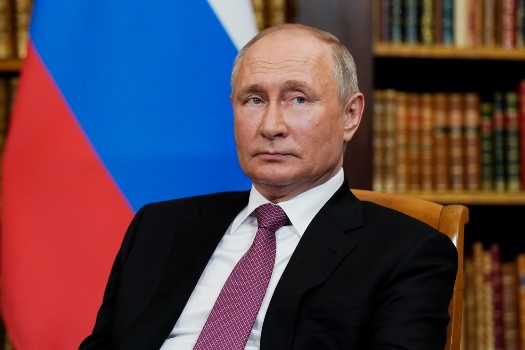The report by leading Spanish daily El Pais supported allegations by US spy chiefs and officials that European intelligence services collected information from telephone communications to hand to US services.
The allegations were a challenge to media reports that US intelligence agencies such as the National Security Agency (NSA) collected data from tens of millions of telephone calls in Spain and France. The reports have tested European relations with Washington.
Citing sources with knowledge of the spying practices, El Pais said that Spain's secret intelligence service CNI, "like most of the main European espionage services, regularly transmits to the US National Security Agency large quantities of personal metadata" for analysis.
The data include the origin, destination and duration of telephone calls, it said.
Prime Minister Mariano Rajoy has said the head of the CNI will address parliament next Wednesday over earlier reports of US telephone-spying in Europe.
Spain's foreign minister summoned the US ambassador in Madrid on Monday over the issue.
The United States' European allies protested after newspapers reported, based on leaks from fugitive former NSA analyst Edward Snowden, that Washington collected European telephone calls and online communications as part of anti-terror operations.
Rajoy said such spying, if true, is "inappropriate and unacceptable between partners and friends".
Spanish newspaper El Mundo on Monday published a document it said was supplied by Snowden that purportedly showed the agency had spied on more than 60 million telephone calls in Spain in a month.
That followed similar reports of spying in France, Germany and other European countries.



 Please whitelist us to continue reading.
Please whitelist us to continue reading.
Member comments